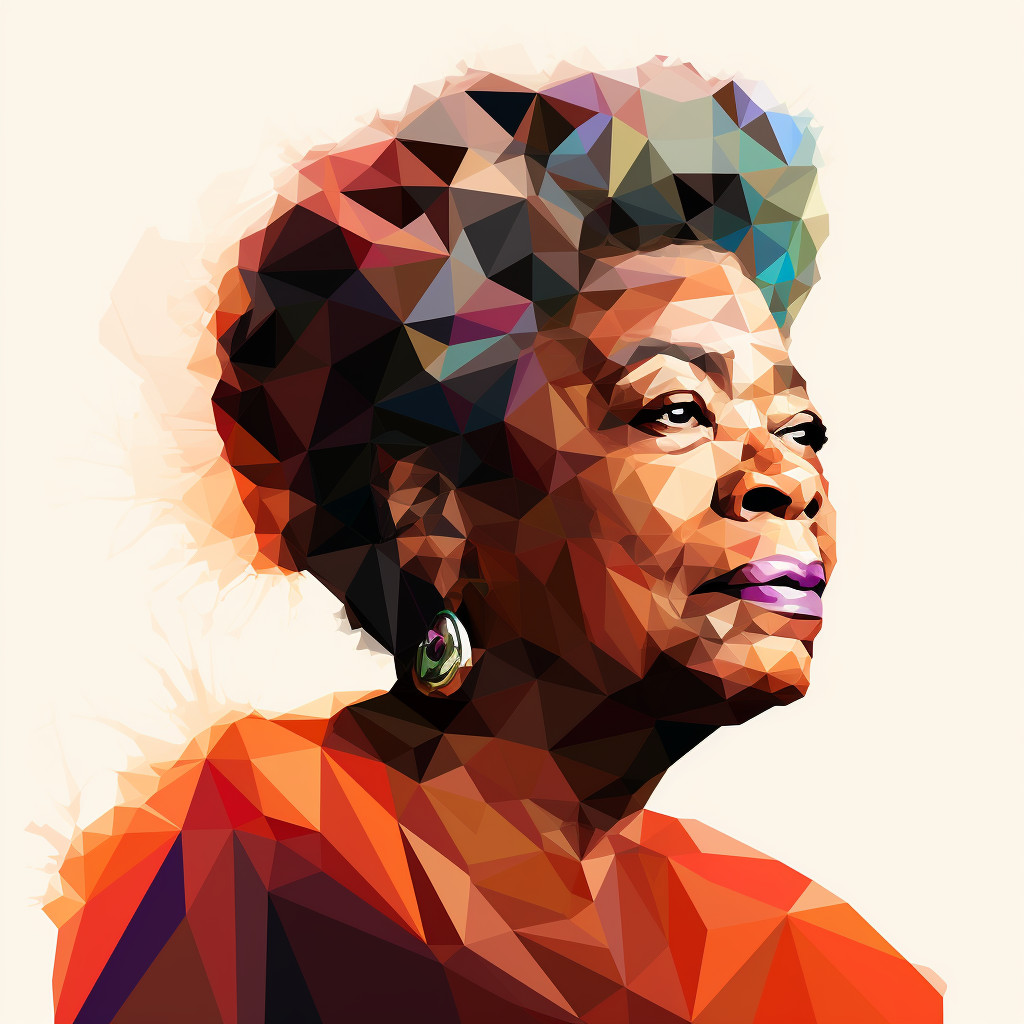'Laughing' Quotes
Laughing quotes have been a source of inspiration and motivation for individuals and society for centuries. They remind us to find joy and humor in life, even during difficult times. In ancient times, philosophers like Aristotle and Plato recognized the importance of laughter in human well-being. In…Read More
Laughing quotes have been a source of inspiration and motivation for individuals and society for centuries. They remind us to find joy and humor in life, even during difficult times. In ancient times, philosophers like Aristotle and Plato recognized the importance of laughter in human well-being. In modern times, famous figures like Charlie Chaplin and Mark Twain have used humor to challenge societal norms and bring about change. Laughing quotes continue to resonate with people across the globe, reminding us to not take life too seriously and to find happiness in the simplest of things. They serve as a reminder to embrace laughter and spread joy wherever we go.Read Less
Laughing quotes have been a source of inspiration and motivation for individuals and society for centuries. They remind us to find joy and humor in life, even during difficult times. In ancient times, philosophers like Aristotle and Plato recognized the importance of laughter in human well-being. In modern times, famous figures like Charlie Chaplin and Mark Twain have used humor to challenge societal norms and bring about change. Laughing quotes continue to resonate with people across the globe, reminding us to not take life too seriously and to find happiness in the simplest of things. They serve as a reminder to embrace laughter and spread joy wherever we go.
642 Notable 'Laughing' Quotations and Sayings
Laughing – Symbolic Value
Laughing is a universal human expression that is often associated with joy, happiness, and humor. It is a natural response to something that is perceived as funny or amusing. However, laughing also holds a deeper symbolic value that goes beyond just a physical reaction. In many cultures and traditions, laughing is seen as a powerful symbol that represents various emotions, beliefs, and values.One of the most common symbolic meanings of laughing is its association with positivity and optimism. When we laugh, we release endorphins, which are known as the “feel-good” hormones. This not only makes us feel good in the moment but also has a long-lasting impact on our overall well-being. Laughing is often seen as a symbol of hope and resilience, as it helps us cope with difficult situations and find joy in the midst of challenges.In some cultures, laughing is also seen as a symbol of social connection and bonding. It is often used as a way to break the ice and build relationships with others. In many traditional societies, laughing together is seen as a way to strengthen community ties and promote harmony. This symbolic value of laughing highlights its importance in building and maintaining social connections.
Laughing – Cultural and Historical Significance
The significance of laughing can also be seen in its cultural and historical context. In ancient civilizations, such as Greece and Rome, laughing was seen as a sign of intelligence and superiority. It was believed that only the wise and knowledgeable could understand and appreciate humor. This belief is still prevalent in many cultures today, where laughing is seen as a sign of intelligence and wit.In some cultures, laughing is also associated with spirituality and enlightenment. In Buddhism, for example, laughing is seen as a way to achieve inner peace and enlightenment. The famous quote by the Dalai Lama, “If you want others to be happy, practice compassion. If you want to be happy, practice compassion,” highlights the spiritual significance of laughing.
Laughing – Common Themes in Motivational Contexts
Laughing is often used in motivational contexts to inspire and uplift individuals. Many motivational speakers and coaches use humor and laughter as a tool to engage and motivate their audience. This is because laughing has the power to shift our perspective and help us see things in a more positive light. It can also serve as a reminder to not take life too seriously and to find joy in the little things.In motivational quotes, laughing is often associated with themes of resilience, perseverance, and self-care. For example, the quote “Life is better when you’re laughing” emphasizes the importance of finding joy and laughter in our daily lives. Similarly, the quote “A day without laughter is a day wasted” highlights the idea that laughter is an essential part of a fulfilling life.
Laughing – Portrayal in Art and Media
The concept of laughing has been portrayed in various forms of art and media throughout history. In paintings and sculptures, laughing is often depicted as a symbol of happiness and joy. In literature, laughing is used to convey a character’s personality or emotions. In movies and TV shows, laughing is often used to create a sense of humor and entertainment.However, laughing is not always portrayed in a positive light in the media. In some cases, it is used to mock or ridicule others, which can have negative consequences. This highlights the importance of using laughing responsibly and with empathy towards others.
Laughing – Impact on Understanding of Life and Society
The concept of laughing has a significant impact on our understanding of life and society. It is a reminder that life is not always serious and that we should find joy and laughter in the midst of challenges. Laughing also promotes social connections and helps us build relationships with others. It is a powerful tool that can bring people together and create a sense of unity.In conclusion, laughing holds a deep symbolic value that goes beyond just a physical reaction. It is a universal expression that has cultural, historical, and motivational significance. Its portrayal in art and media also reflects its impact on our understanding of life and society. So, let us embrace the power of laughter and use it to spread joy, positivity, and connection in our lives.











